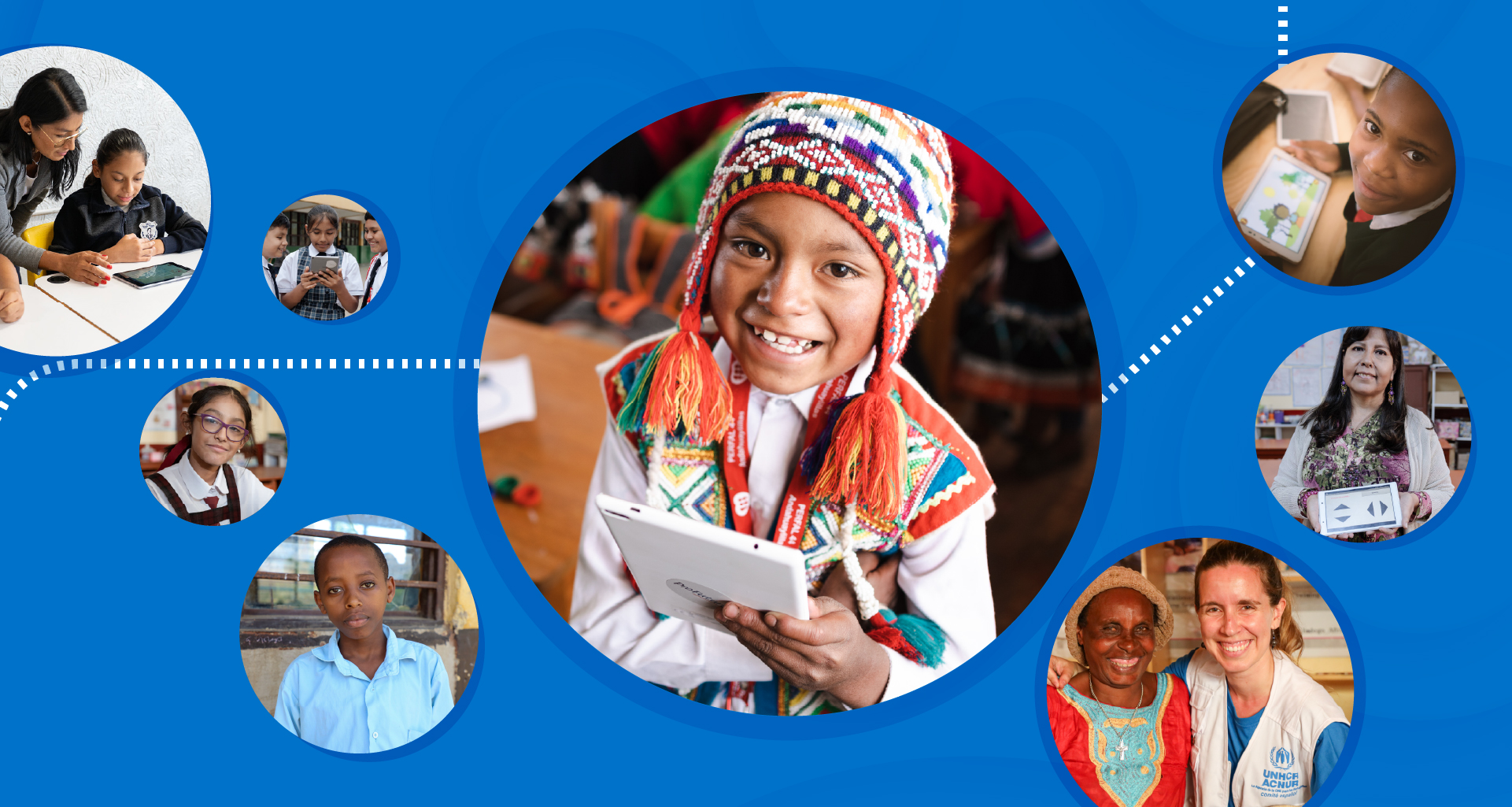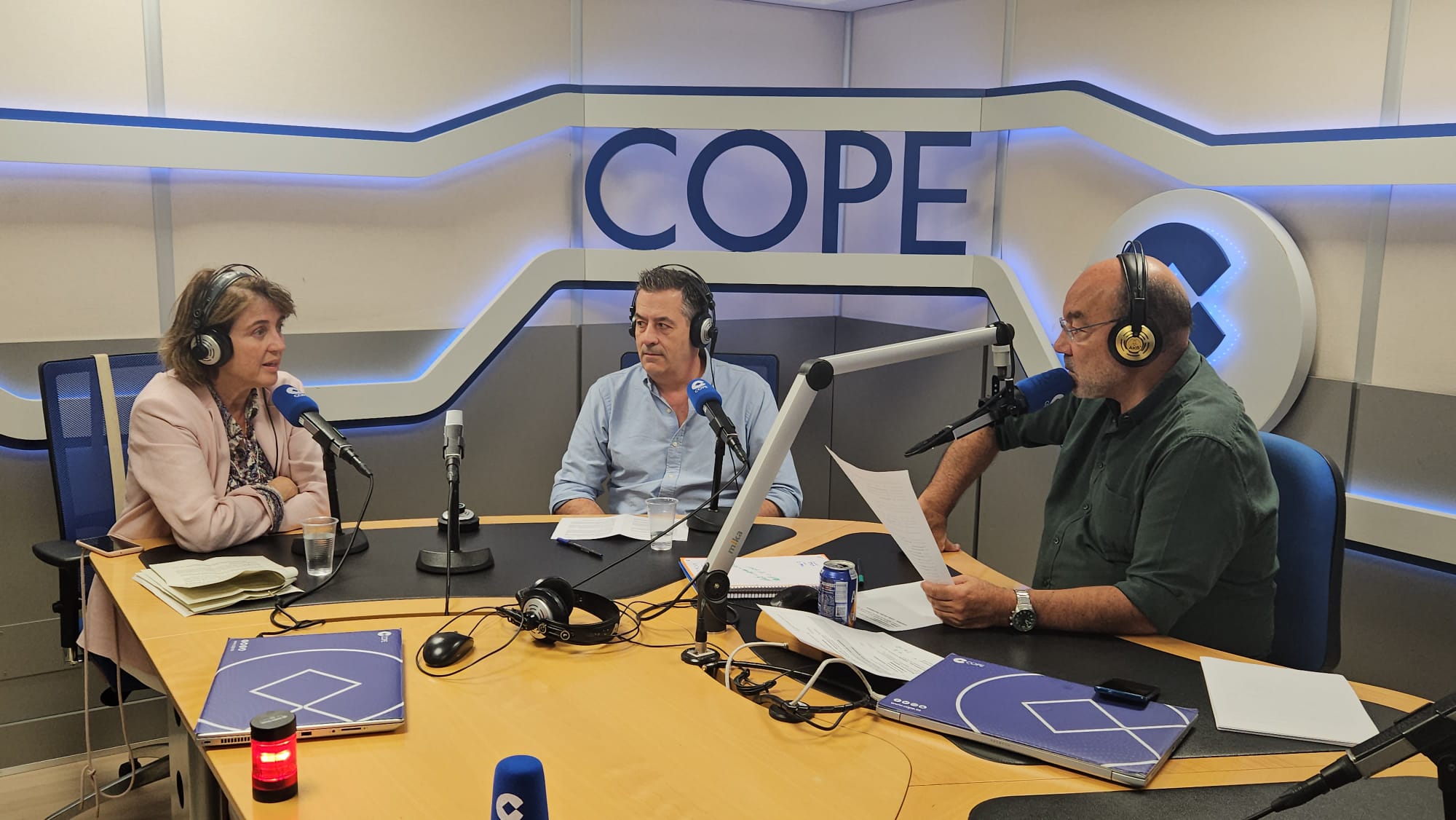In December 2018, ProFuturo’s general manager, Sofía Fernández de Mesa, visited Tanzania. ProFuturo has been implementing its high-quality digital education program in this country since 2016, through an agreement with the Salesians of Don Bosco East Africa and the collaboration of the Don Bosco Office of Education in Tanzania. In addition to expanding the scope of the program, Ms. Fernández’s visit to the country was highlighted by the presentation of the project’s Best Teachers and Schools Awards.
In November 2016, ProFuturo signed an agreement with the Salesians of Don Bosco East Africa to implement its high-quality digital education program in collaboration with the Don Bosco Office of Education in Tanzania. Five projects were implemented in 2017, reaching 47 public and private schools in the following regions: Dar Es Salam, Morogoro, Dodoma, Moshi and Mafinga-Iringa. After the first year of implementation and a positive assessment of the performance of the projects in this African region, ProFuturo has decided to expand the scope of the program.
For the expansion in 2018, the Don Bosco office in Tanzania has drawn the interest of local authorities at the national (Vice Presidency) and regional (Zanzibar) levels.
At the end of 2018, equipment and training materials were delivered to an additional 50 private and public schools in Kilimanjaro, Songea and Zanzibar and the program will be launched officially at the beginning of the 2019 school year.
The Don Bosco office in Tanzania has signed a memorandum of understanding with the Ministry of Education and the Local Government of Zanzibar to reach its public schools under the terms of which training will have been provided to nearly 50,000 children and 8,900 teachers.
Next year’s goal
The goal for 2019 is to increase the number of schools by 40 and a 40% increase in the number of children benefited by the program. Once the results of these new regions are verified, the expectations for growth will be increased.
In close collaboration with the Salesians Don Bosco, ProFuturo intends to develop and strengthen its relations with key players in the area of education and local and national authorities to start building a sustainability model capable of continuing and upscaling the program throughout the country.
Tanzania is the country that has demonstrated the best results and highest ratio of goal fulfilment in the African continent. One of the key points in reaching these goals is the coordination provided by the partner country, as well as monitoring coordinator tasks, which has revealed the high degree of coordinator involvement in the project and in meeting proposed objectives and goals (that they are aware of).
Educational context
As in many countries in this African region, Tanzania faces great challenges in child education, among which are deteriorated facilities and lack of schools, overcrowding, lack of basic services such as bathrooms, water and electricity, lack of text books and insufficient teacher training. However, the greatest obstacle to appropriate education is poverty.
Although primary education is now free, parents have to pay for items such as uniforms, grading fees and supplies. Although school attendance has increased, nearly half of all school-aged children do not go to school and those that do rarely continue after fifth grade.
Primary education is mandatory and consists of seven grades. The elimination of school enrolment costs and the introduction of the Primary Education Development Plan has increased the number of classrooms and new teachers, allowing Tanzania to register high rates of improvement in primary education. In fact, the Net Enrolment Rate (NER) in 2010 reached 95.4%, compared to 54.2% in 1990.
Family income has played an essential role in the education of children; however, although Tanzania has enjoyed more than a decade of relatively high growth, the degree of poverty has prevented this growth from being inclusive and little attention has been paid to the role of the private sector in education, which could relieve the tax load.
The situation of Secondary Education
On November 27, 2015 the Tanzanian government published a decree stating that secondary education was to be free for all children. This included the elimination of any fees or contributions. Nonetheless, this did not include uniforms and school supplies, among other items.
On the other hand, the government has also exerted pressure on the payment of fees in private schools by either prohibiting enrolment fee increases or requiring that they be justified.
Despite these measures, there are still more than 40% of Tanzania’s youngsters (1.5 million) who are unable to attend secondary education because of the lack of secondary schools in rural areas and the lack of family funds to pay for associated expenses.






